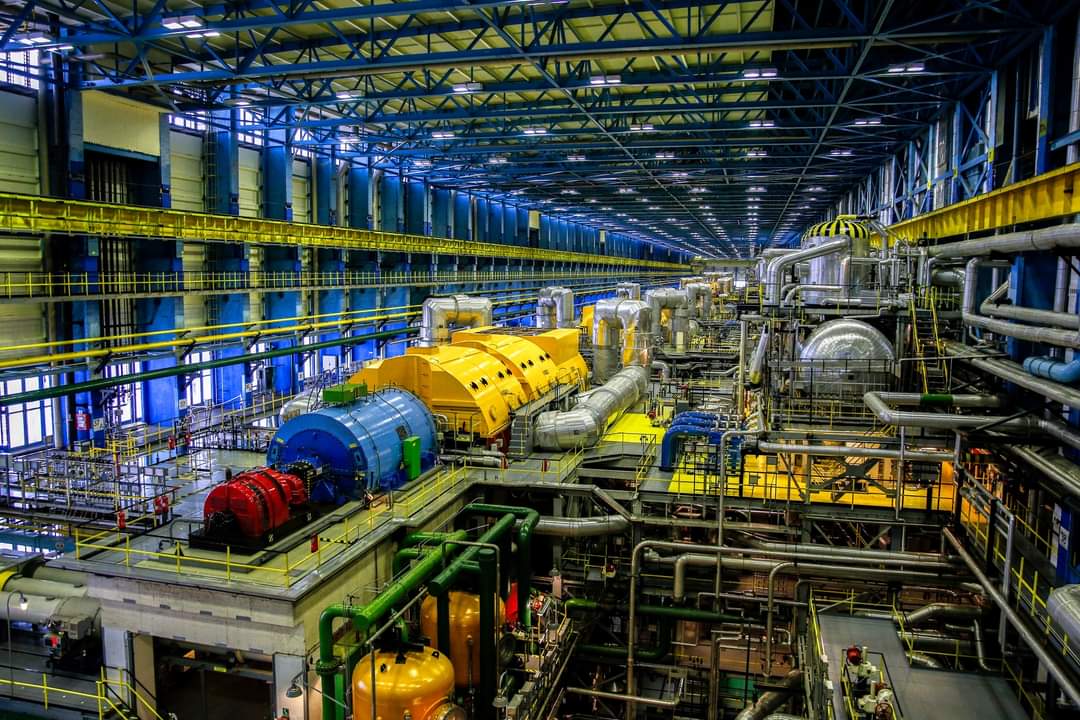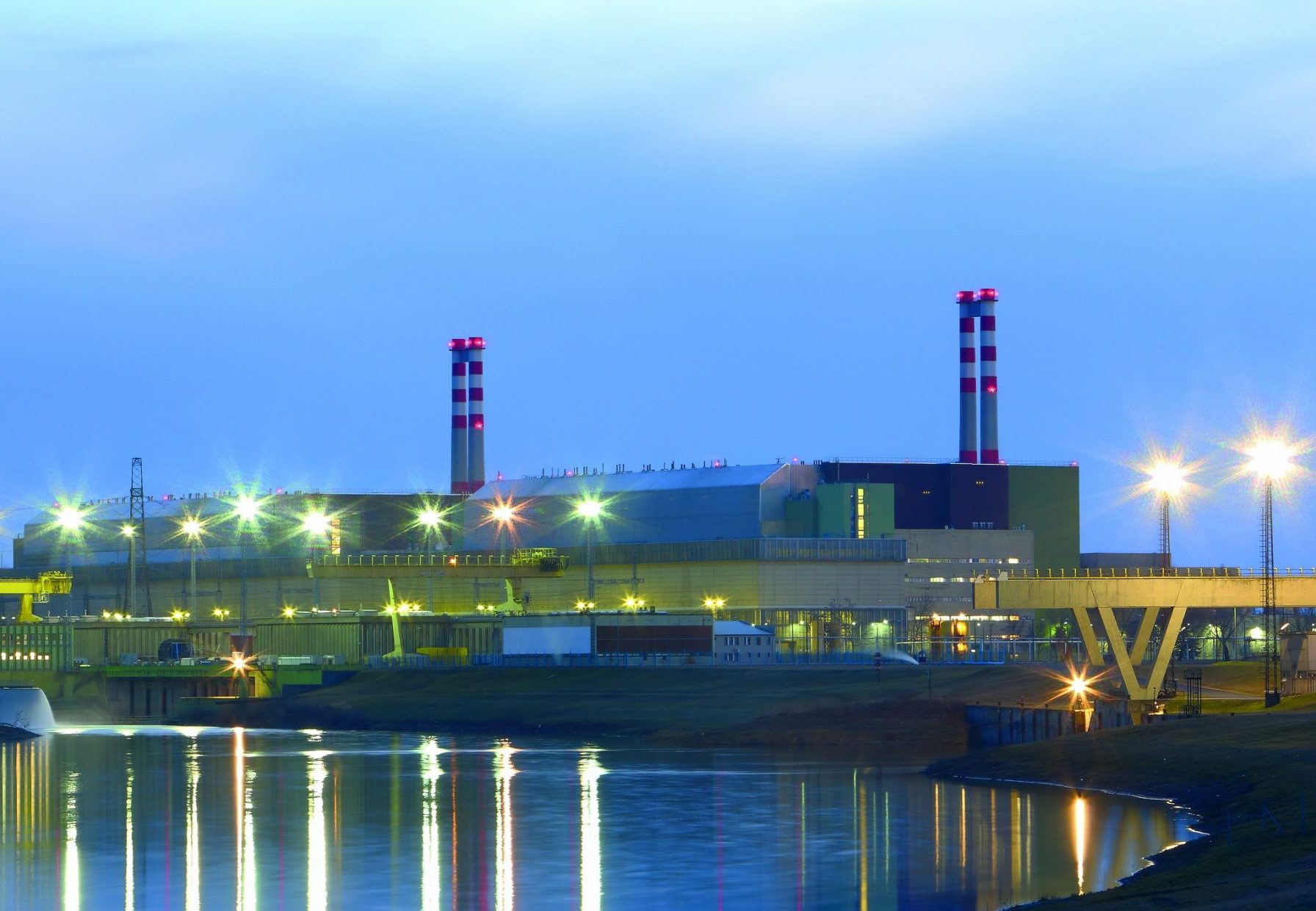
Foreign Minister explains the importance of expanding the Paks nuclear powe plant.Continue reading

The second-highest court of the EU has dismissed Austria’s appeal against the Paks nuclear expansion. The Hungarian foreign minister said this was a great victory for his country.
The General Court of the European Union – the second-highest court after the Court of Justice of the European Union (CJEU) – has dismissed an action brought by Austria in order to annul the European Commission’s decision to approve the expansion of the Paks nuclear power plant in Hungary, the Luxembourg-based court announced on Wednesday.
The investment aid – approved by the Commission in 2017 – is “in large part financed by a loan in the form of a revolving credit facility of 10 billion euros granted by Russia to Hungary in the framework of an intergovernmental agreement on cooperation on the peaceful use of nuclear energy,” the court noted in its statement.
The Commission declared that the aid is compatible with the internal market.
The court’s ruling is available on its website.
“Austria is historically one of the EU’s most fervent anti-nuclear countries and is currently suing the European Commission over its ‘green’ label for nuclear power in the EU taxonomy,” Euractiv reported.
According to the news site, “following the dismissal of their claims by the general court, the Austrian government could take the matter up with the highest instance – the European Court of Justice,” but so far no such plans have been announced in Vienna.
We remain of the opinion that the European Commission did not make the right decision in assessing state aid and that classifying subsidies for the construction of nuclear power plants as not of concern is completely the wrong signal to send right now,”
Reuters quoted Austrian Energy and Environment Minister Leonore Gewessler. According to the Green-party politician, the decision “is a slap in the face to all those fighting for Europe’s energy independence right now,” because “Russia is involved in the critical infrastructure of an EU country.”
This is a great victory for Hungary,
said Minister of Foreign Affairs and Trade Péter Szijjártó. He underscored that the General Court has ruled that the licensing process fully complied with EU standards.
The minister stressed that Hungary is taking great care to ensure that the Paks project meets the strictest possible environmental and other technical requirements, as safety is obviously the most important issue when building a nuclear power plant.
Szijjártó also pointed out that although the EU has not imposed sanctions in the field of nuclear energy, there are institutions, banks, and even countries that want to obstruct the construction of Paks “in all kinds of illegal ways.” He called on these actors to take into account the current verdict that the investment is in all respects lawful, and not to obstruct the project in the future.
Featured photo via Facebook/MVM Paksi Atomerőmű Zrt.